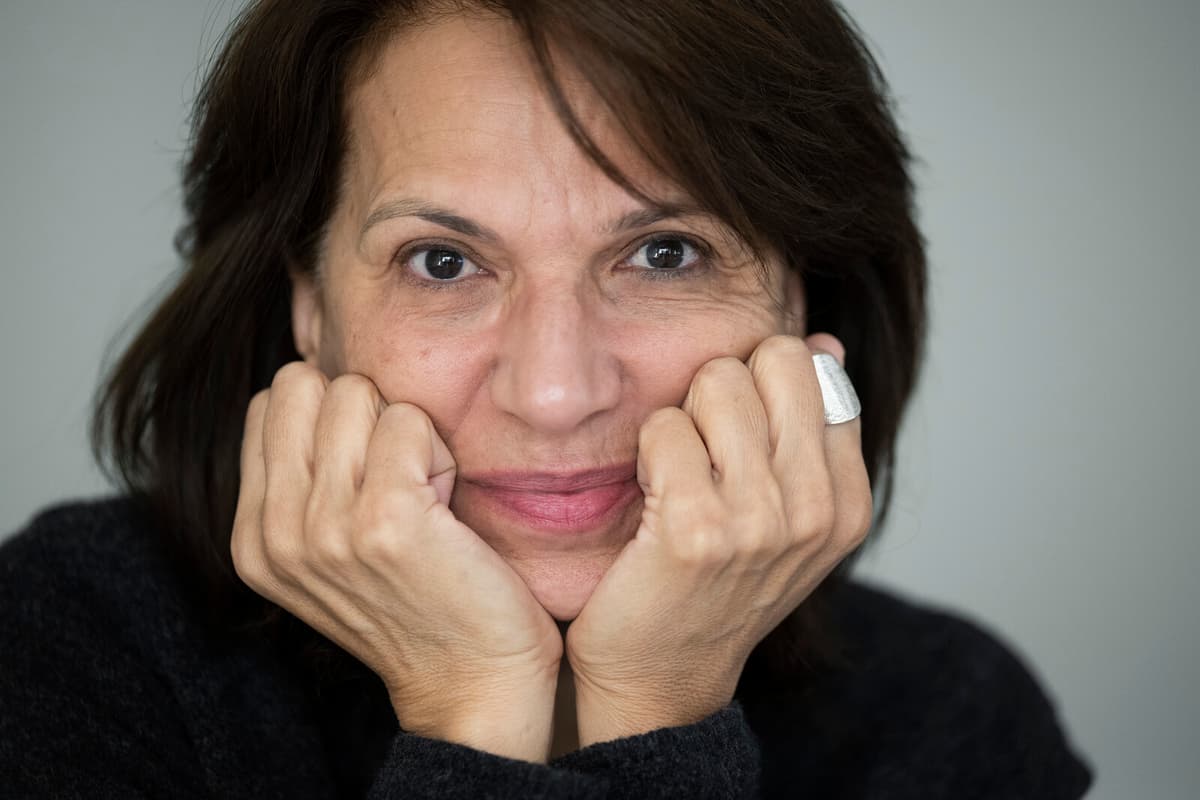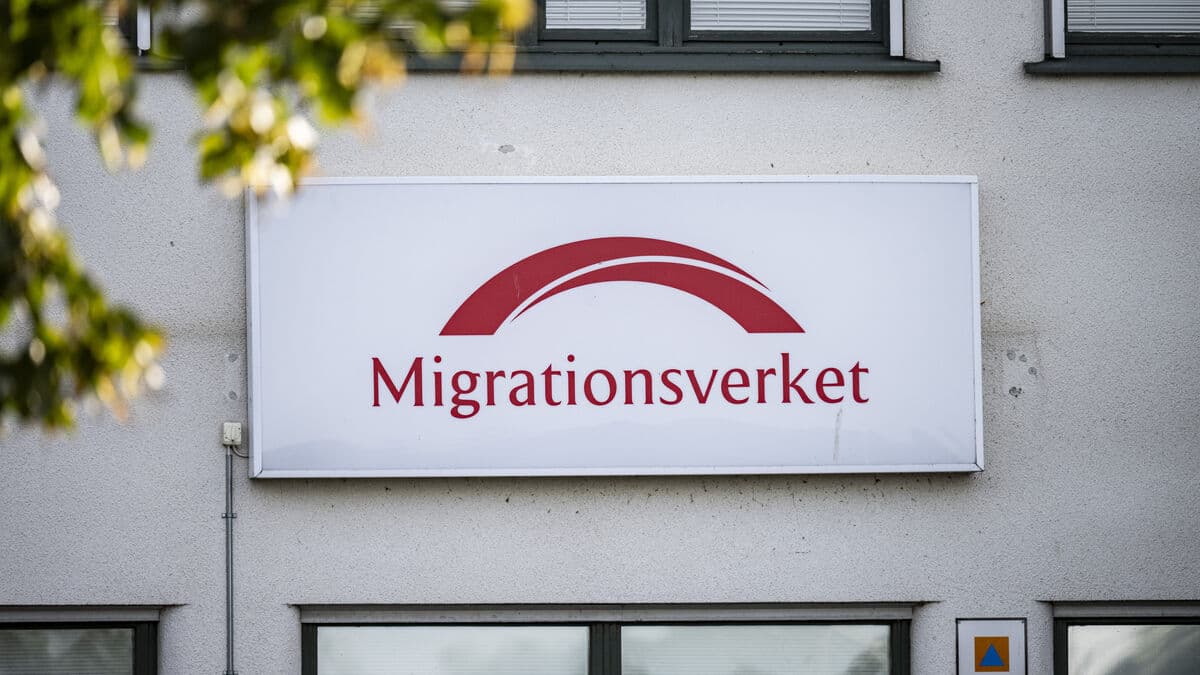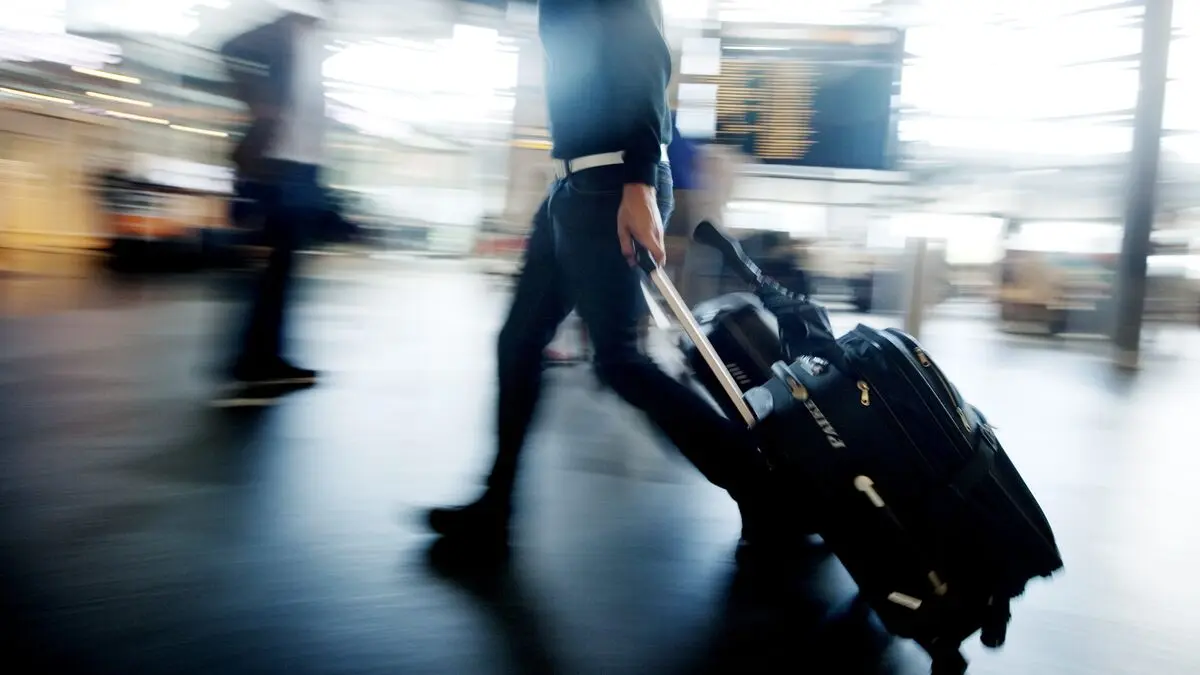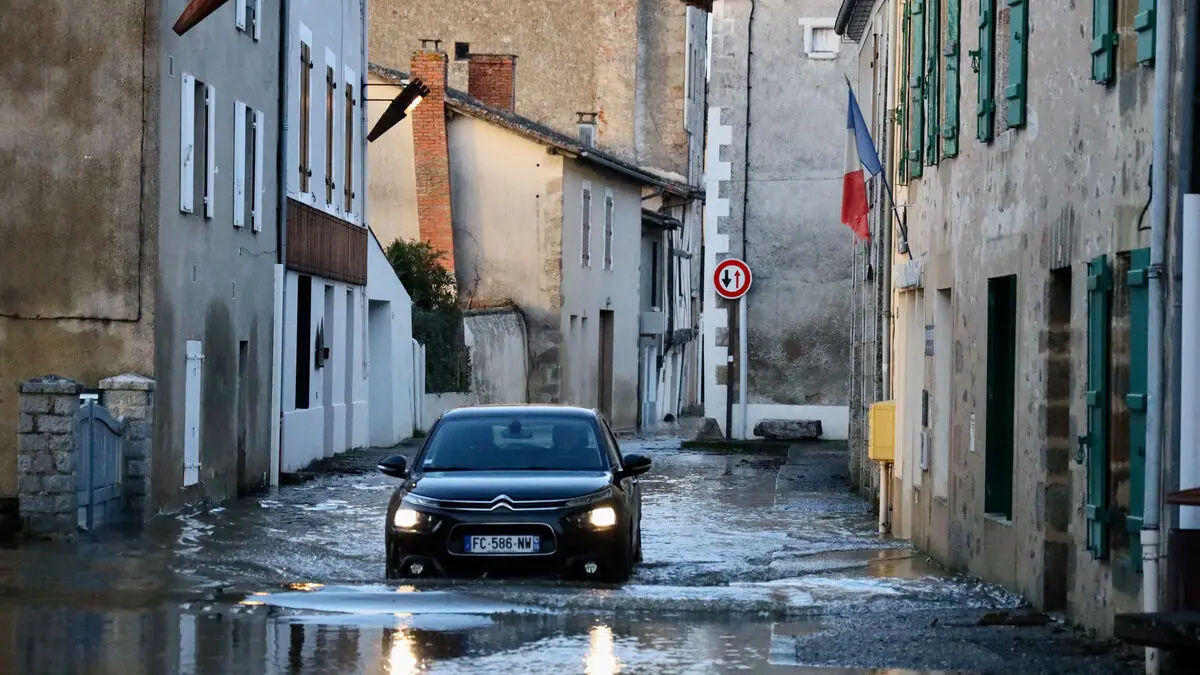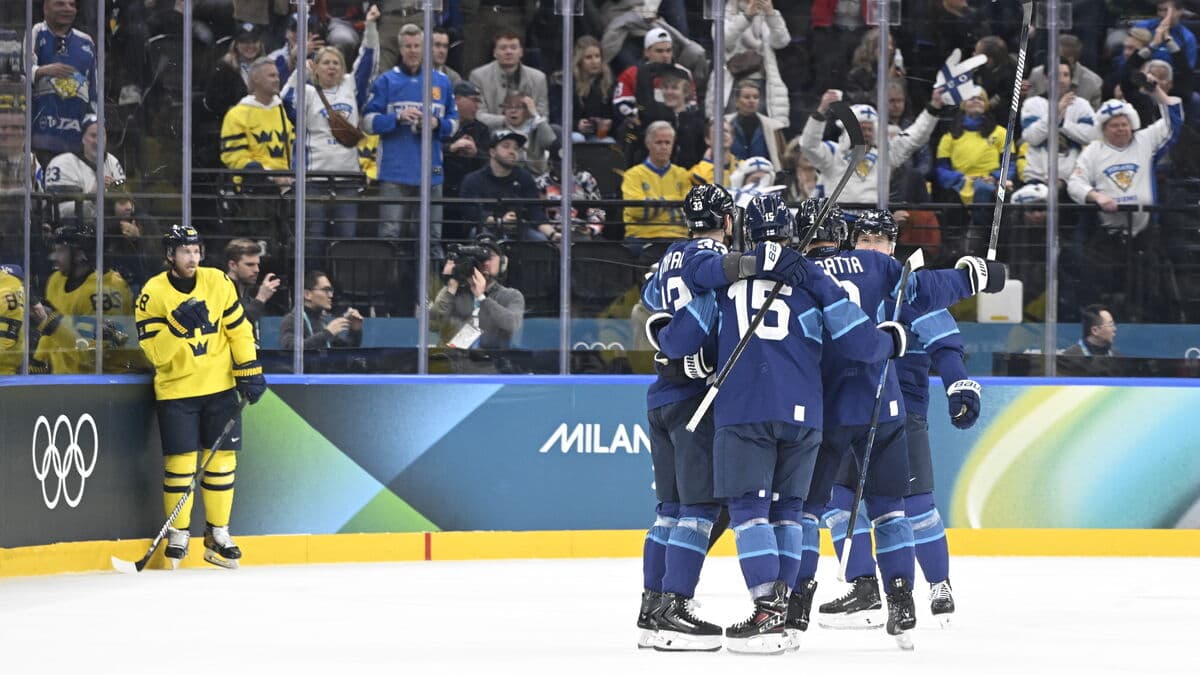"Aseel and the five children" is written by 22-year-old Aseel Salamah in Gaza. A year ago, she had one year left at university before taking her degree. But the war closed all schools and instead she wrote autobiographically about the first months.
On October 7, she woke up unaware of the Hamas massacres and prepared to go to university.
She heard the man selling kaak – a type of bread with sesame seeds, very well-known in our culture. A good breakfast bread, she listened to him. Then there were very few who knew what had happened, but then the bombings began, says Renad Qubbaj.
On social media, employees at the Almaprix-awarded Tamer Institute's headquarters in Ramallah, West Bank, tell about colleagues in Gaza who were killed in the war. Renad Qubbaj refuses to say how many – they cannot be reduced to a number.
Tamer shows pictures of young smiling people with names. The losses and sorrow are expressed without hate or aggression. It is a conscious choice that sometimes provokes harsh criticism.
We are inspired by the children themselves. It is something I always say to the education department and to all who work with children. The children still have their humanity, we need to be with them and preserve that environment even when we see what we see.
Compass
The criticism comes from different directions, according to Renad Qubbaj, who thinks that Tamer has a clear compass. She herself is stuck in Ramallah. With the children in Gaza, she sees – through video films from music sessions and art therapy sessions – the humanity that she believes is needed to create a new future.
We try to anchor it deeply within ourselves, in literature, instead of creating a hateful environment. I believe that hate would hit neighbors and family, we cannot lose this, no matter how hard it is.
About 150 people work for Tamer in Gaza, of which 120 are trained in various forms of art therapy for children. In July, they started a new project together with Unicef, "Fun learning", a kind of education through playful activities.
Now we are entering the second year with completely closed schools.
"People's Voices"
More books are coming. Renad Qubbaj talks about the importance of letting ordinary people tell their own stories instead of being filtered through CNN or Al Jazeera.
We need people's voices to build resilience, for well-being, for our strength and for the whole society. We must be active.
A Palestinian institute for reading promotion founded in 1989. Has its headquarters with 20 employees in Ramallah on the West Bank and operates both there and in Gaza. Unicef accounts for 70 percent of the financing.
Will soon publish two more books about the ongoing war. By the end of June, Tamer had reached at least 35,000 children – and their families – in Gaza through various programs. In the tent camps, circus performances are given, as well as children's activities with singing, dancing, and playing.
In 2009, the Tamer Institute received the Swedish Almaprix for "a reading promotion work of unusual breadth and diversity."

